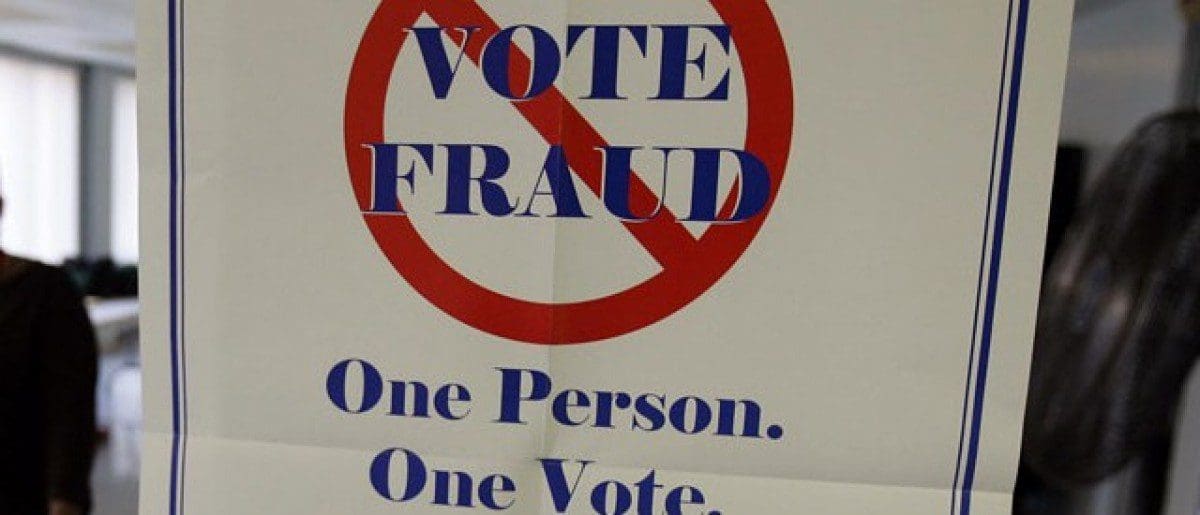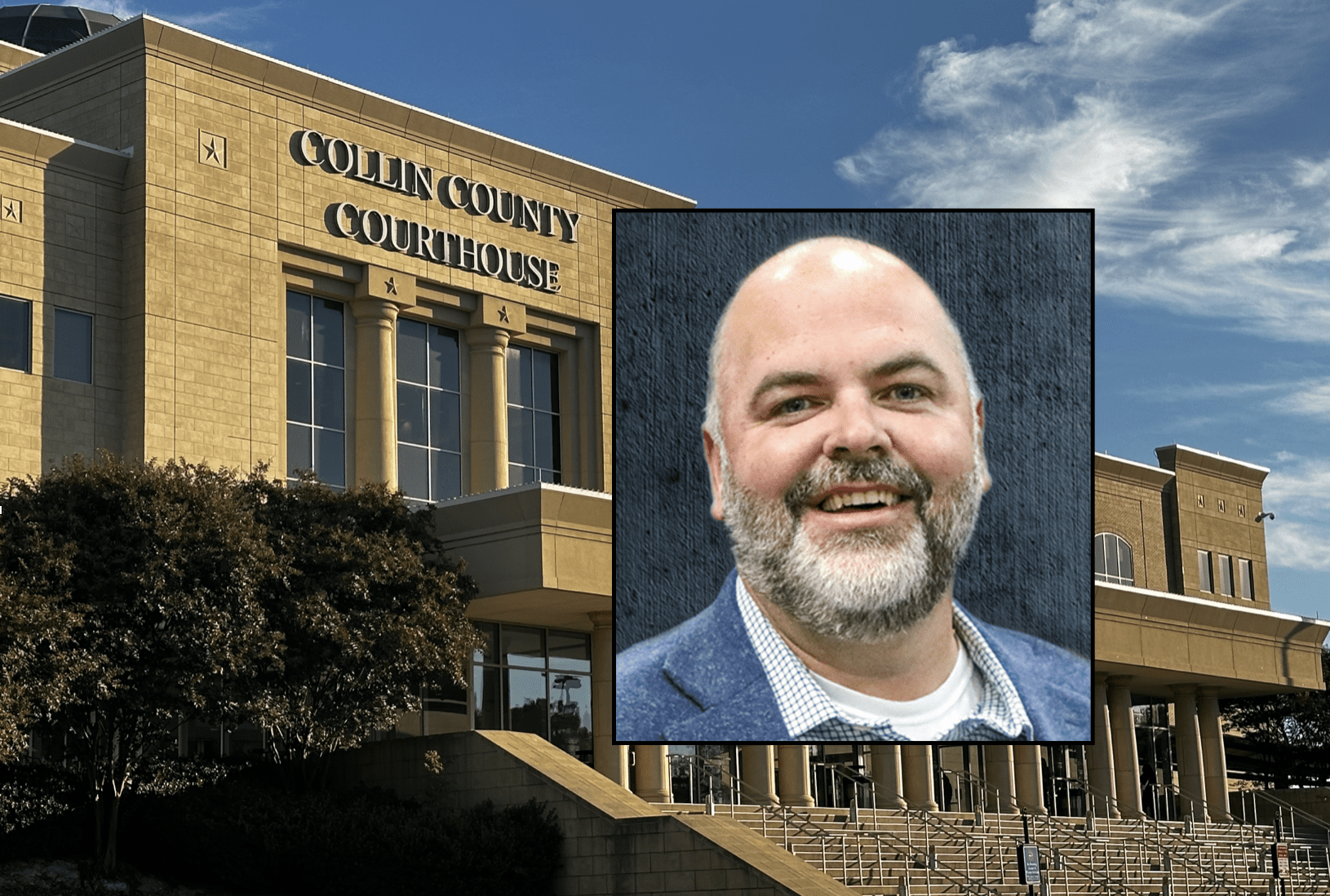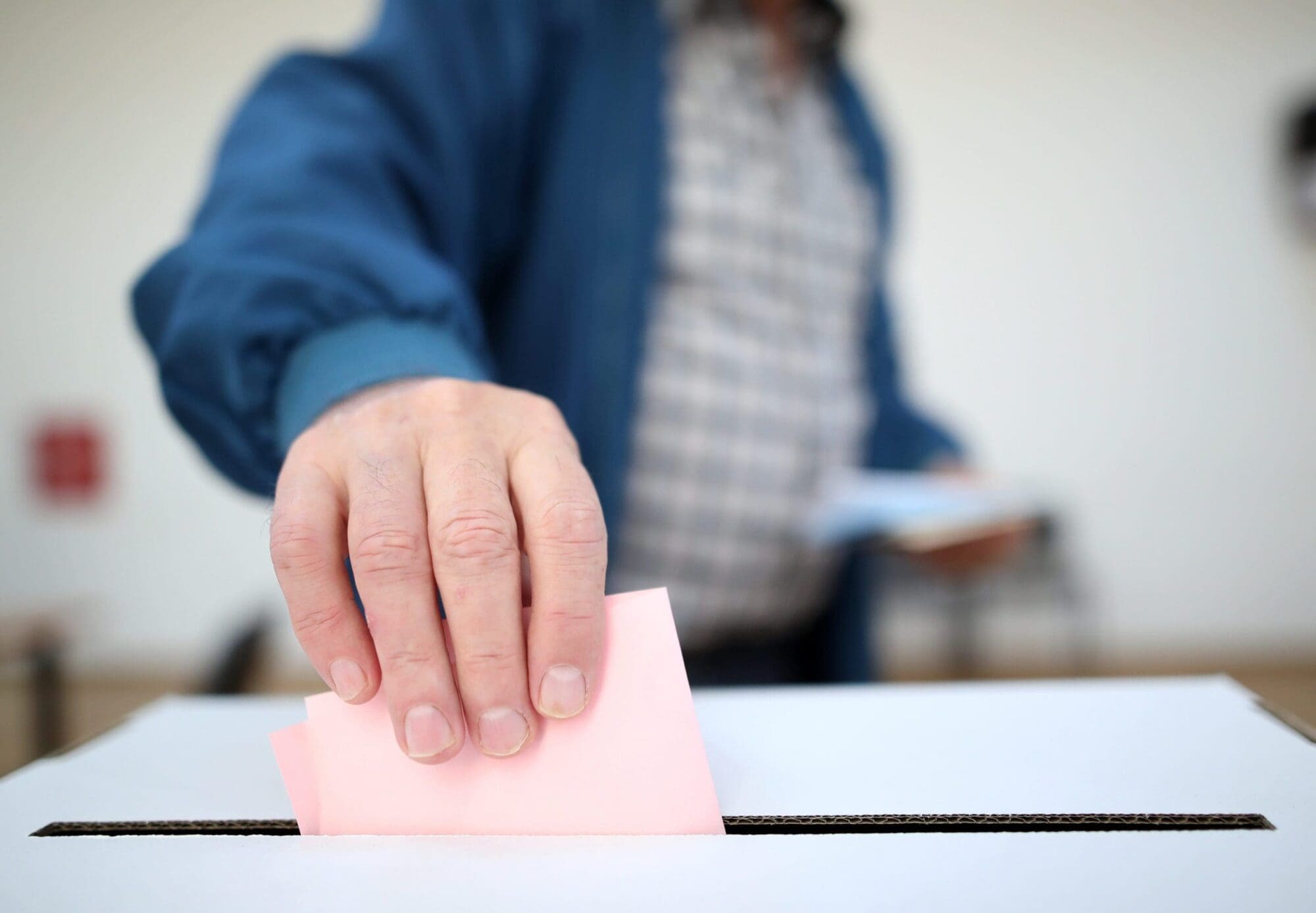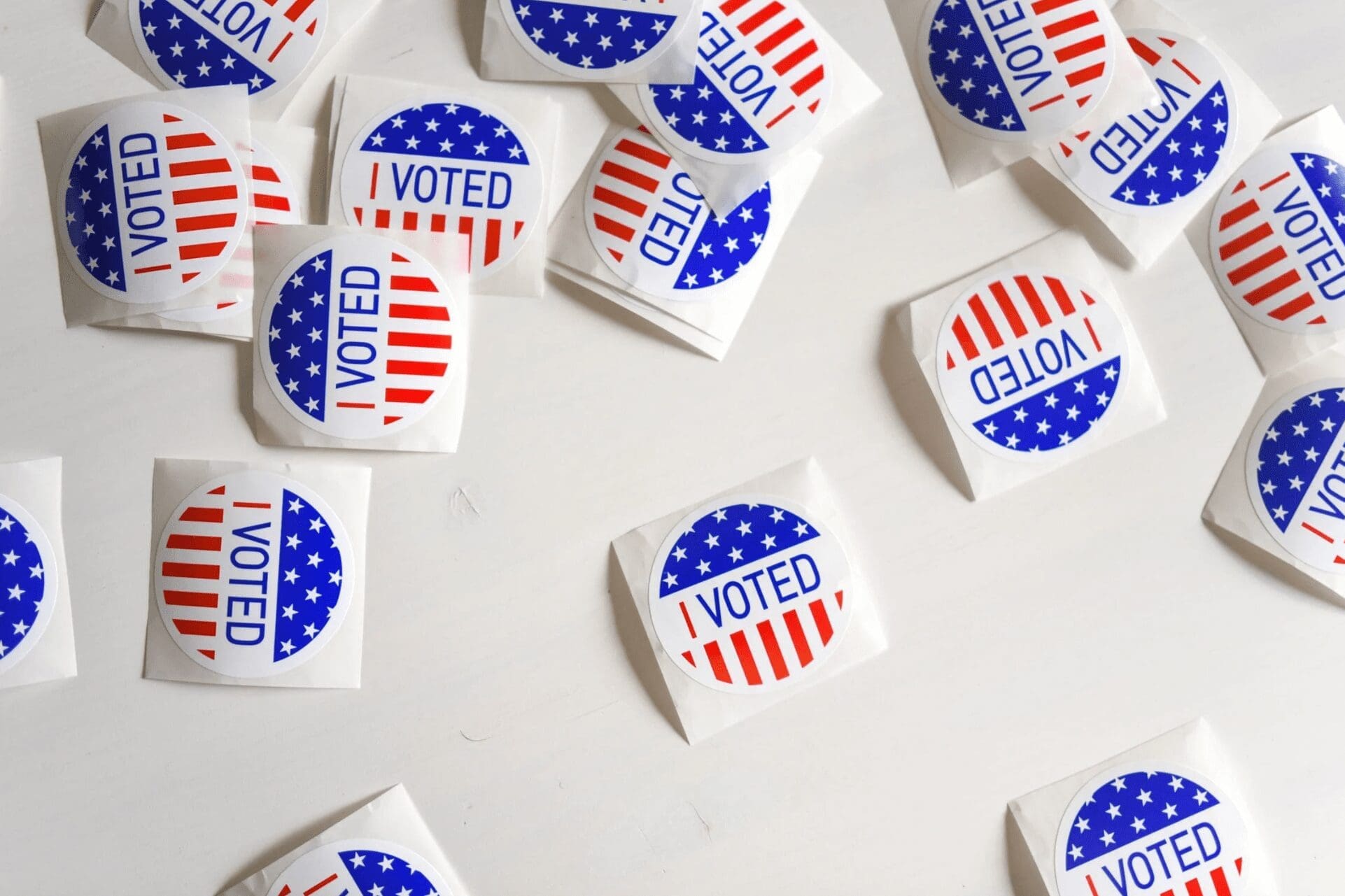As election integrity advocates celebrate the passage of major legislation to improve voting security in Texas, one conservative group took a closer look at the final bill and found a major problem: It actually weakens penalties for voter fraud.
On Monday, Grassroots America – We The People tweeted their discovery that Senate Bill 1, Texas Republicans’ signature election integrity measure, lowered the penalty for illegal voting offenses from second-degree felonies to Class A misdemeanors:
SB1/pages 72-73/Elect Code § 64.012! Before @GregAbbott_TX signed SB1, ineligible voting/duplicate voting/voting a ballot belonging to another person/fraudulent marking of ballots=2nd degree felonies. Now, all are Class A misdemeanors! @DadePhelan's deal with Dems! #txlege pic.twitter.com/qmL3Qj5Lc5
— Grassroots America (@GAWTP) September 20, 2021
Lower penalties for voter fraud is the exact opposite of what Republican grassroots and other election integrity advocates told lawmakers they wanted.
So, how did this happen?
The short answer is that Republican lawmakers allowed it to happen.
The comprehensive election reform bill survived a complicated legislative journey to passage.
After two tries in the regular and first special legislative sessions, thwarted in part by quorum-busting Democrat lawmakers, the Republican-priority bill finally passed the Senate on August 12. A different version of SB 1 then went to the House floor on August 26, more than a week before the session was set to end.
But Republican lawmakers’ downgrade of penalties for illegal voting—a collection of offenses described in Section 64.012 of Texas Election Code that includes stealing votes, double voting, and other forms of cheating—wasn’t in the version of SB 1 passed by the Senate or the House’s “committee substitute” version of the bill.
The change was tucked into a House floor amendment by Republican State Rep. Steve Allison of San Antonio—#50 out of 63 proposed amendments.
Allison didn’t mention the lowered penalty for illegal voting when explaining his “simple clarifying amendment” to House members. Nor did State Rep. Briscoe Cain (R–Deer Park), who offered his own amendment to a different provision of Allison’s amendment. Nor did the bill’s House sponsor, State Rep. Andrew Murr (R–Junction), or any other lawmaker.
House members adopted Allison’s amendment by a vote of 80-35, and passed the bill 80-41.
The bill’s original author, State Sen. Bryan Hughes (R–Mineola), then called for a conference committee to make one change to the amended House version. But he did not object to Allison’s change lowering the penalty for illegal voting.
Did Hughes not catch the change, or was he okay with it?
Longtime Harris County election integrity advocate Alan Vera told Texas Scorecard his local GOP ballot security team contacted Hughes’ office to recommend he strike several House amendments, including #50. Vera said he doesn’t know what happened after that.
“This outcome does nothing to improve the trust of the voters in the actions of the legislators,” he said.
JoAnn Fleming, who heads Grassroots America, said they are “livid.”
The 87th session and special session legislative process on election integrity was anything but transparent. We had a feeling a deal had been made to convince the still-unpenalized AWOL Democrats to stay. This just heightens distrust in government. Republicans allowing the Democrat minority to run all over them is maddening.
What now?
The full Senate and House cast one more set of votes approving the final amended bill on August 31. Gov. Greg Abbott signed SB 1 on September 7, and it’s set to take effect on December 2.
When Texas GOP delegates chose election integrity as their top legislative priority for 2021 at the party’s convention in the summer of 2020, they identified felony penalties for election-code violations as a specific policy goal.
Republican lawmakers’ last-minute bait-and-switch was the exact opposite of what GOP grassroots asked for.
“They need to fix this now,” Fleming added. “Otherwise, they weren’t serious about preventing and punishing election fraud in the first place.”
Texas Scorecard reached out to Allison and Murr for comment but hadn’t received a response by publication time.
Republican lawmakers may try to fix the problem during the ongoing third special legislative session, unless the fix is already in.
UPDATED to add comments from JoAnn Fleming.





